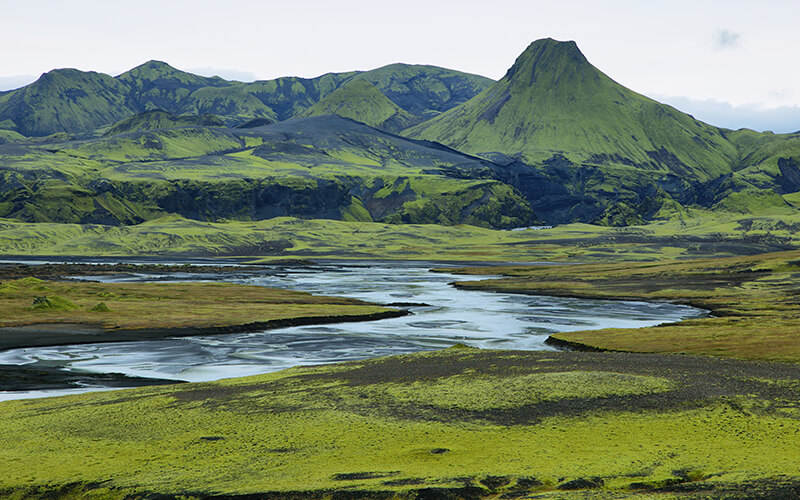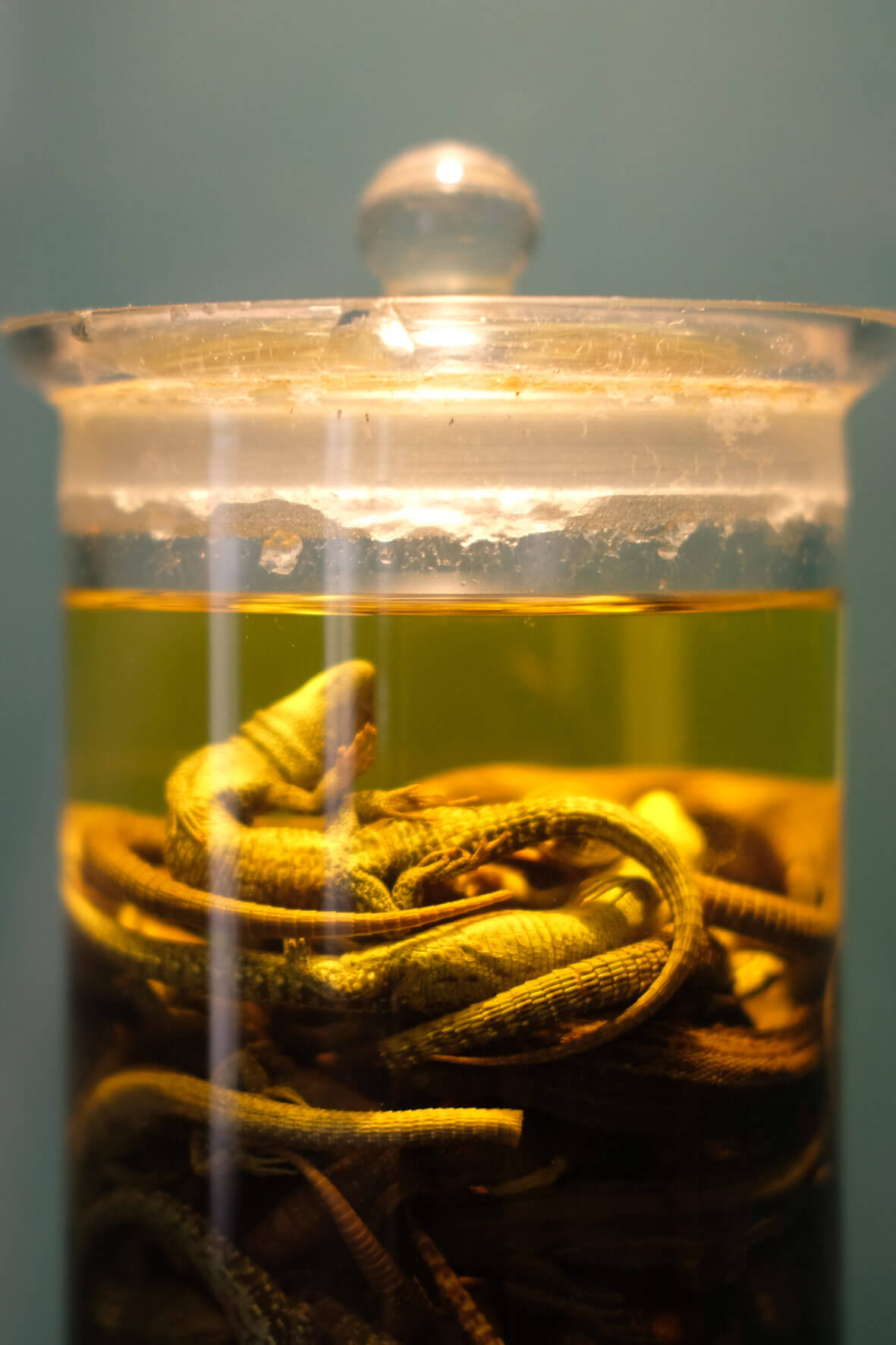This page is also available in Italian ›
The DiSSCo consortium in
ITALY
Italy does not have a National Natural History Museum, but many small and medium-sized museums scattered across the country. Some of them belong to universities, some to municipalities, provinces and regions. Most of these museums are represented by ANMS (National Association of Scientific Museums). In DiSSCo, the Italian scientific community is represented by CNR (National Council of Research), ANMS, Academy of Sciences, National Academy of Entomology, Italian Society of Biogeography, Italian Society of Paleontology, Italian Society of Geology, Italian Botanic Society and the Natural History Museum of Florence University, the leading NTF representative.
participating institutions
Lorenzo Cecchi / Gianna Innocenti
Natural History Museum of Florence University
it@dissco.eu
Natural History Museum of Florence
With its ten million specimens and with over four centuries of history, the Natural History Museum of Florence is the most important Italian N. H. museum. The Museum is part of the University Museum System, which exhibits and enhances the scientific and historical collections of the University of Florence.
National Research Council
The National Research Council (CNR) is the largest public research institution in Italy, the only one under the Research Ministry performing multidisciplinary activities. Founded as legal person on 18 November 1923, Cnr’s mission is to perform research in its own Institutes, to promote innovation and competitiveness of the national industrial system, to promote the internationalization of the national research system, to provide technologies and solutions to emerging public and private needs, to advice Government and other public bodies, and to contribute to the qualification of human resources.
Italian Botanical Society
The “Italian Botanical Society” (SBI), founded in 1888, is a scientific association, made up of people interested in promoting the progress and dissemination of culture and botanical sciences and their applications; SBI is a non-profit organization of social utility.
Italian Society of Biogeography
The “Italian Society of Biogeography” (SIB), founded in 1962; it is a non-profit scientific association aimed at promoting progress and the spread of biogeography in all sectors related to the themes of biodiversity, knowledge and protection of environment.
Italian Paleontological Society
Established in 1947, the “Italian Paleontological Society” (SPI) is a free cultural association that works for the progress of Paleontology. The SPI promotes concrete collaborations between institutions and private individuals interested at a professional or amateur, national and international level.
Italian Association of Scientific Museums
The Italian Association of Scientific Museums (ANMS) was founded in 1972 as a tool to disseminate scientific museology and to connect the institutions and interested staff members. The actions of the ANMS include the organization of congresses, conferences, seminars and topical meetings that promote the exchange of opinions and new knowledge among the museums.
National Academy of Sciences
The National Academy of Sciences, known as the XL, is a moral institution of high culture and enjoys the High Patronage of the President of the Italian Republic. Traditional core of activity is the promotion of scientific knowledge in the field of mathematical, physical and natural sciences, with particular reference, in recent years, to astrophysics, geology, life sciences, chemistry and biotechnology, to biological diversity and cultural and environmental, mathematical and physical, computer and computational bases of biology and molecular genetics
National Academy of Entomology
The National Academy of Entomology was established in 1950. Among its aims are the promotion and the coordination of scientific research in the field of Entomology. The Academy organizes regular meetings, round tables, conferences and symposia in the various sectors of entomological research.
Italian Geological Society
The “Italian Geological Society” (SGI) was founded in 1881. It is the oldest and most representative Italian scientific association in the field of geosciences. SGI strives for progress, promotion and dissemination of geological knowledge in their theoretical and application aspects.
Participating institutions in
Italy
Most of the Italian Natural History museums are present in ANMS, which is a member of the Italian NTF. CNR also possesses several natural history collections. The other members of the NTF represent the scientific community, i.e. the users of the collections for research. At present, digitisation activities and training in digital skills are in general quite scarce, due to the lack of funds and personnel.
Roadmaps
National Funding
Funds for DiSSCo will come from the Italian Ministry of Research (MIUR), when DiSSCo will be included in the National Research Infrastructures Roadmap.
Our achievements
Success Stories
The zoological and botanic collections of the Natural History Museum of the University of Florence have been used to prepare the forms for the Natura2000 sites and the management plans for the Tuscan protected areas.
Everything on one screen
Collection Dashboard
The dashboard you can see below contains data on the collections of natural science institutions across Europe. Page one shows the approximate number of collections per category for all of the 89 institutes who participated in an initial DiSSCo survey and page two the national contributions to the European collection. The selection boxes allow filtering for country and institutions. The data in this dashboard is populated with information as sent by the DiSSCo partners through an initial survey in November 2017 and should therefore be considered as preliminary. Following that survey, we went through a rigorous process of identifying obvious errors and contacting individuals to correct those. Nevertheless it will probably still contain some errors and information might be outdated. Please contact Niels Raes if you detect any issues so the data can be updated.
If you would like to see a full screen version of the dashboard, please click here.

